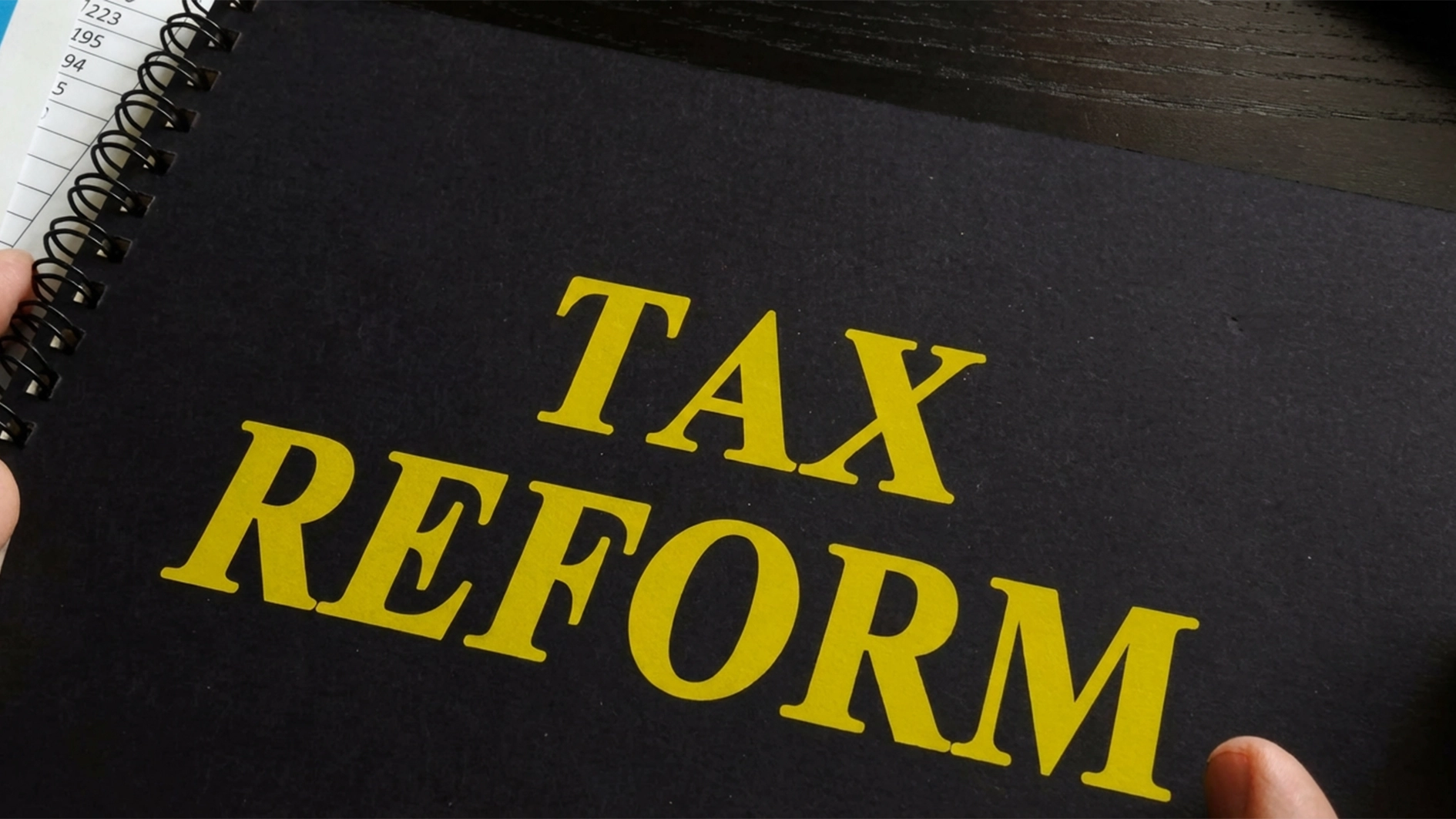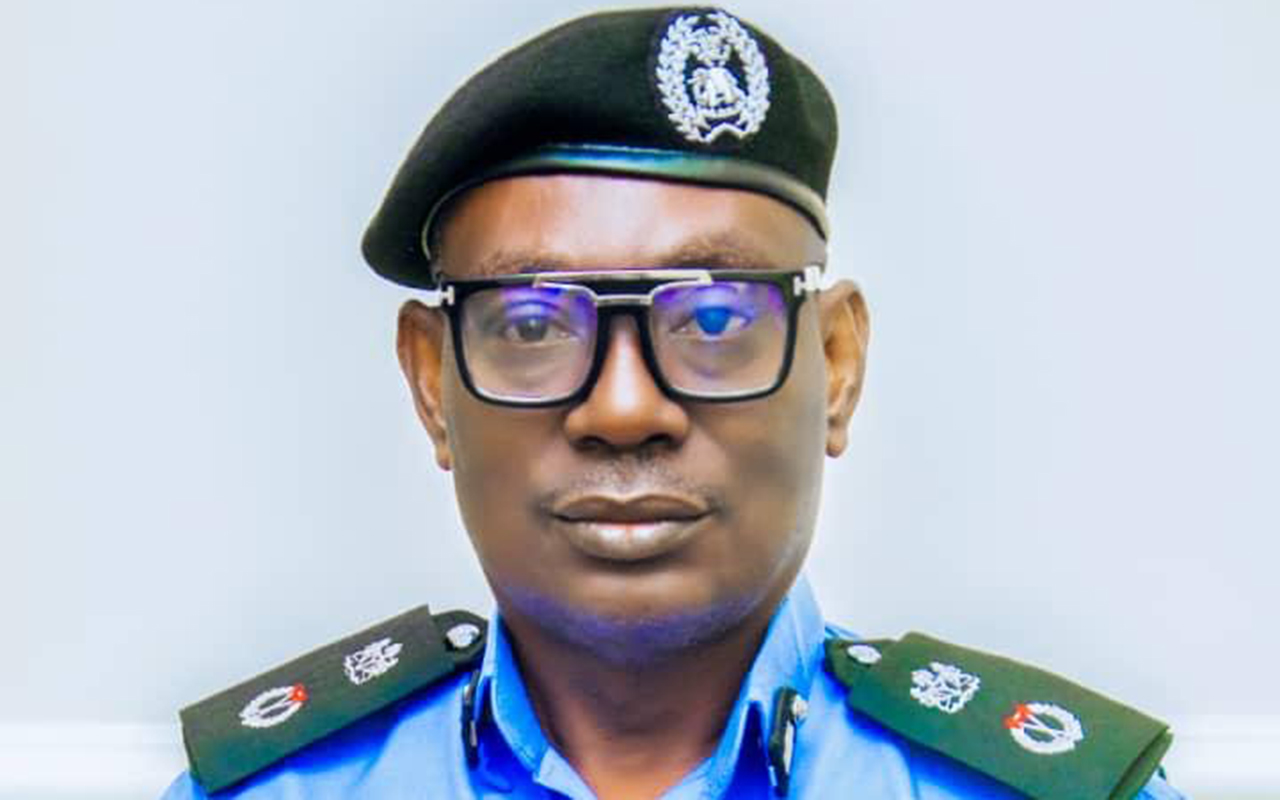The house of Representatives Committee on Foreign Affairs is beaming its searchlights on the Minister of Foreign Affairs, Yusuf Tuggar, and Heads of Missions to explain the utilisation of over $54 million appropriated to Nigeria’s foreign missions.
The committee, chaired by Mr Oluwole Oke, summoned the minister and officials of his ministry to provide explanations on how the funds were expended on 103 embassies and high commissions.
Oke, in a letter dated July 24, 2025, explained that the decision was based on Sections 88 and 89 of the 1999 Constitution (as amended), which empowers his committee to demand detailed records of how the funds released to the foreign missions were spent.
Earlier this year, the Oke-led panel opened an investigation into an alleged $2 million contract scandal involving the renovation of Nigeria’s Permanent Representative’s residence at the United Nations in New York.
The committee’s letter to Tuggar and the heads of missions requested the following documents: approved mission budgets for 2024 and 2025; budget performance reports for the same period; records of special interventions released to missions and their applications between 2018 and 2025; and Nominal rolls for both home-based and locally engaged staff.
In a related development, a letter dated July 3, 2025, and signed by the Director of Funds on behalf of the Accountant General of the Federation, showed that the Tinubu administration released a total of $54 million to address the operational needs of Nigeria’s 103 embassies and high commissions.
A breakdown of the funds showed that $46.14 million was allocated for overhead costs, $9.58 million for personnel, and $282,829 for other overhead allocations. The Federal Ministry of Foreign Affairs received $5.89 million, while other embassies received various amounts: Moscow ($1.96m), Rome ($2.82m), Vienna ($1.09m), Athens ($1.04m), Tel Aviv ($1.8m), Addis Ababa ($1.92m), Jeddah ($1.48m), Dubai ($1.26m), Madrid ($1.23m), and Tehran/Abu Dhabi ($1.18m).
Speaking with journalists in Abuja, Oke commended President Bola Tinubu for the intervention, describing it as a strategic step towards revamping the foreign missions and improving Nigeria’s diplomatic image.
He urged the missions to provide the committee with full details of how the funds were utilised, stressing that transparency and accountability were key to effective governance.
MEANWHILE, Tuggar has said the country’s foreign policy must directly serve its economic ambitions by unlocking trade corridors, attracting investment, and forging partnerships that strengthen the domestic economy.
Speaking at the 31st Nigerian Economic Summit (NES #31) in Abuja, Tuggar said the Ministry of Foreign Affairs was fully oriented towards economic diplomacy, guided by Nigeria’s “4D Foreign Policy Doctrine”, namely Democracy, Development, Demography, and Diaspora.
Tuggar said Nigeria’s diplomatic efforts are being shaped to advance trade, regional development, and industrial competitiveness. He pointed to the recently launched West Africa Economic Summit (WAES) as a major platform for advancing cross-border industrialisation, trade, and infrastructure integration within the sub-region.






